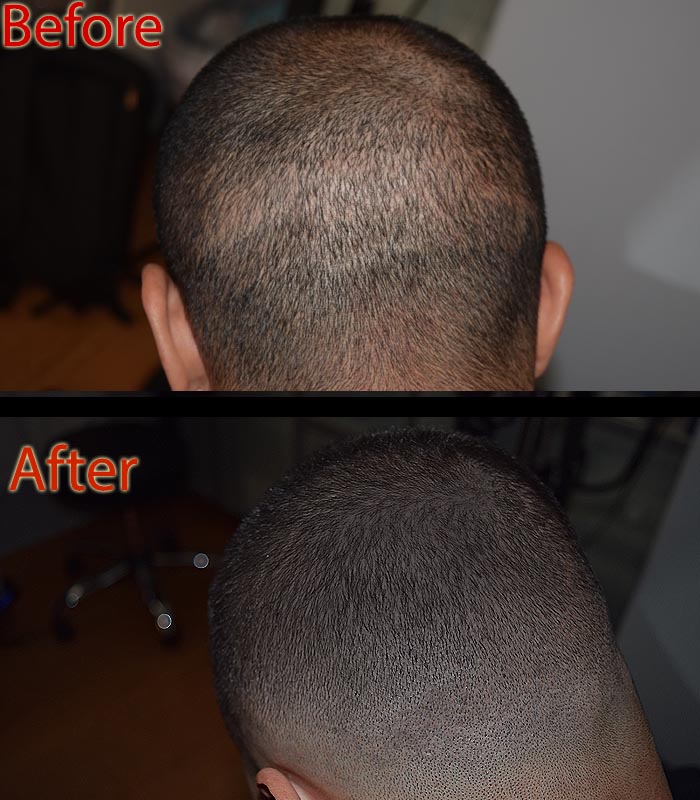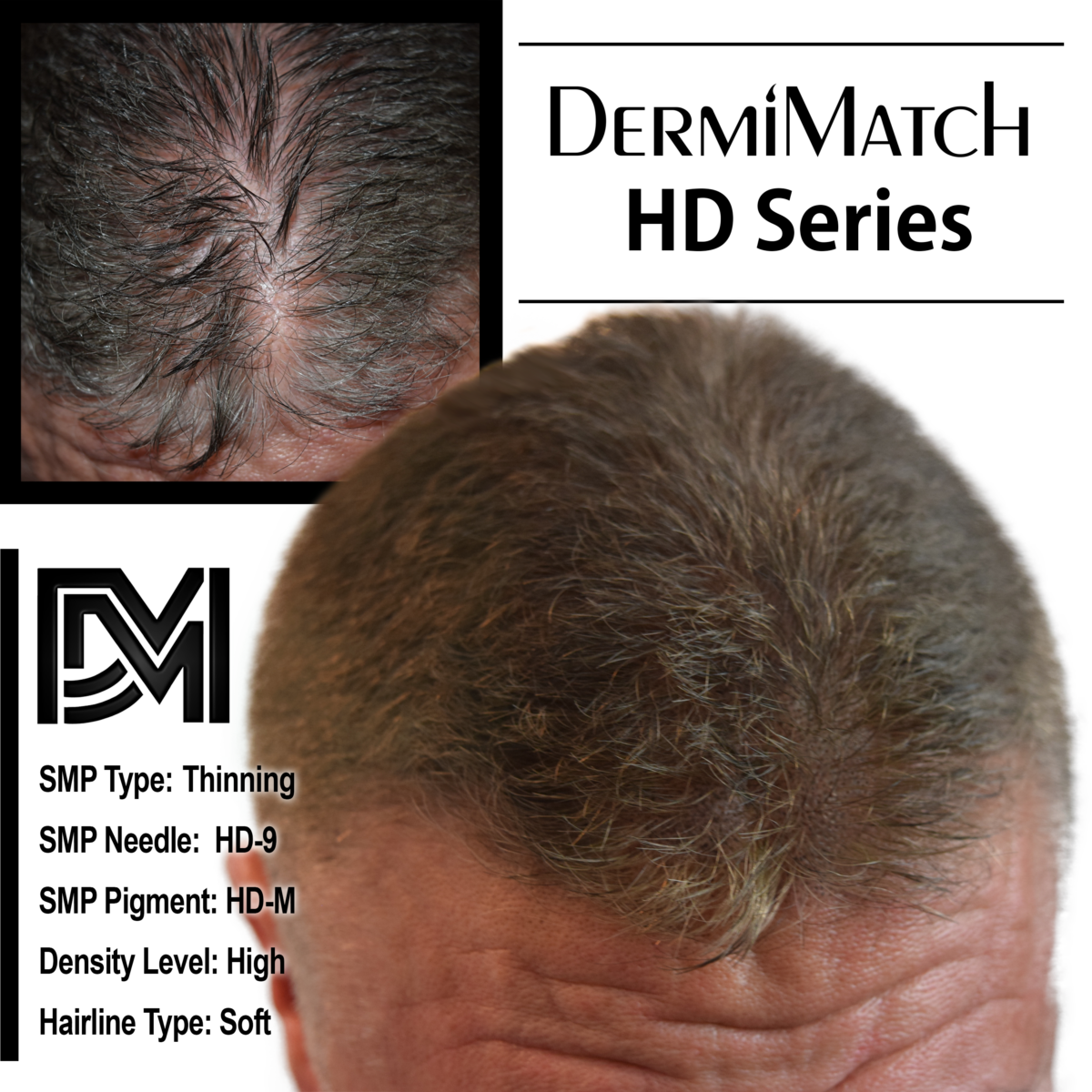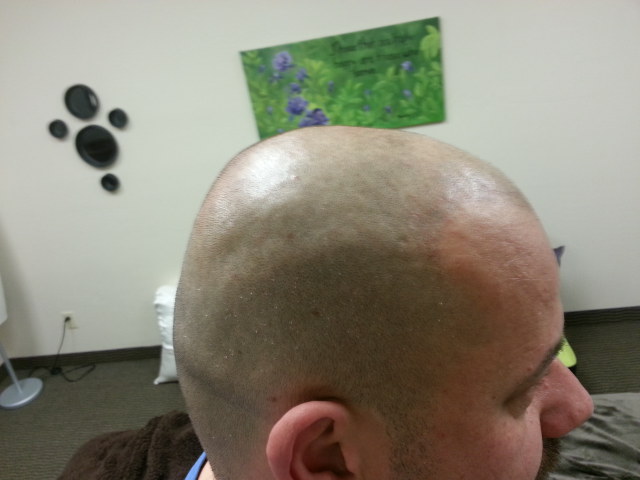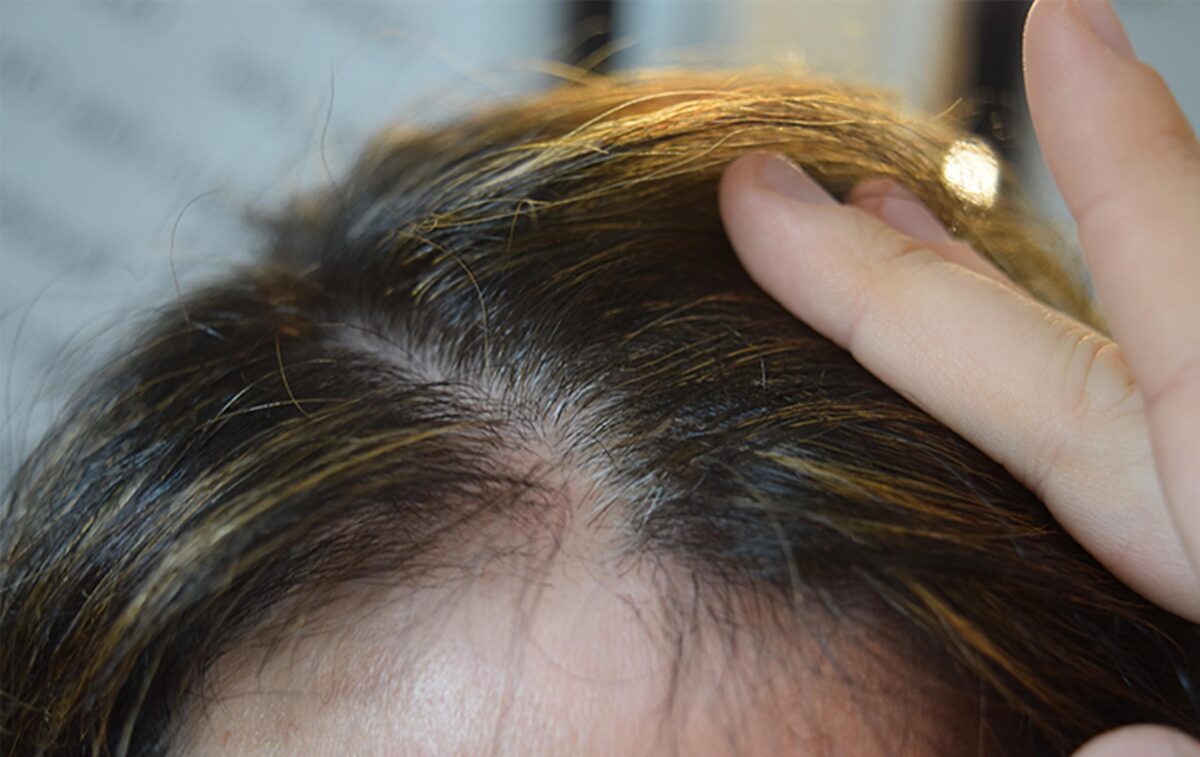Taking vitamins for hair growth sounds interesting, but is it too good to be true? Is there any vitamin that can make your hair grow longer and stronger? Hair loss is a common concern for men and women and may be caused by numerous factors, from hormonal disturbance to nutritional deficiencies, stress, and health problems. Although there is no overnight fix for hair loss, vitamins, and supplements might help hair growth in the long run if your problem is due to a deficiency of nutrition. Let’s explore the best vitamins for hair loss below.
Do Vitamins For Hair Growth Work?
Vitamin D
If you are deficient in vitamin D, also known as sunshine vitamin, it might show up in your hair health. A few studies link vitamin D deficiency with alopecia areata. The research finds that symptoms of alopecia are more pronounced in vitamin D-deficient subjects.
Another study finds that low vitamin D may be linked to female pattern hair loss.
B vitamins
Vitamin B is crucial to hair health. If you are deficient in biotin, riboflavin, folate, and vitamin B12, you can easily blame hair loss on this deficiency. Biotin or B7 vitamin deficiency can cause hair thinning and also affect skin health. It helps the body metabolize carbs, fats, and protein. The lack of biotin makes your hair thin and affects overall hair health.
When you are deficient in vitamin B12, follicles cannot grow new hair, resulting in hair thinning and hair loss. Besides, a B12 deficiency may cause anemia symptoms due to low iron levels. This vitamin helps make red blood cells. These cells carry oxygen to follicles.
Premature hair graying may also be blamed on B12 deficiency. According to the Archives of Dermatology, hair hypopigmentation or loss of hair color could be due to a vitamin B12 deficiency.
Vitamin C
You may not be aware of the role of vitamin C in hair growth. But it is essential for the circulation of blood and nutrients to the scalp. A lack of vitamin C reduces blood and nutrient flow to the scalp and hair roots. As a result, you suffer from poor hair health.
On the other hand, supplementation with Vitamin C boosts the nutrient supply to hair roots, thus promoting hair growth and preventing premature graying. The vitamin helps hair health by preventing them from growing thin, brittle, and weak. Dry hair and split ends are often the result of a vitamin C deficiency.
Vitamin E
Vitamin E is an important component of vitamins for hair growth. It supports scalp and hair health. Being a natural antioxidant, it reduces oxidative stress and free radicals. It also conditions hair follicles. Vitamin E is known to play a role in reducing DHT sensitivity.
Do vitamins for hair growth actually work?
If you are deficient in vitamins and essential minerals, such as iron, you may not enjoy good hair and skin health. Supplementing your diet with these nutrients might help check hair loss in the long run but it is no miracle pill for hair growth. There is a long waiting period. Besides, a vitamin-rich diet may not help your hair loss woes if your hair problems are due to health problems or a medical treatment, vitamins might not come to your rescue. In the case of pattern hair loss or hereditary hair loss, diet may not help much.
In that case, you can get help from a reputable technician of SMP in Arizona, who can camouflage your scalp problems using scalp micropigmentation. Arizona SMP artists at DermiMatch Clinic are experts in the field and can help resolve your hair loss problems. Get in touch with them today.




